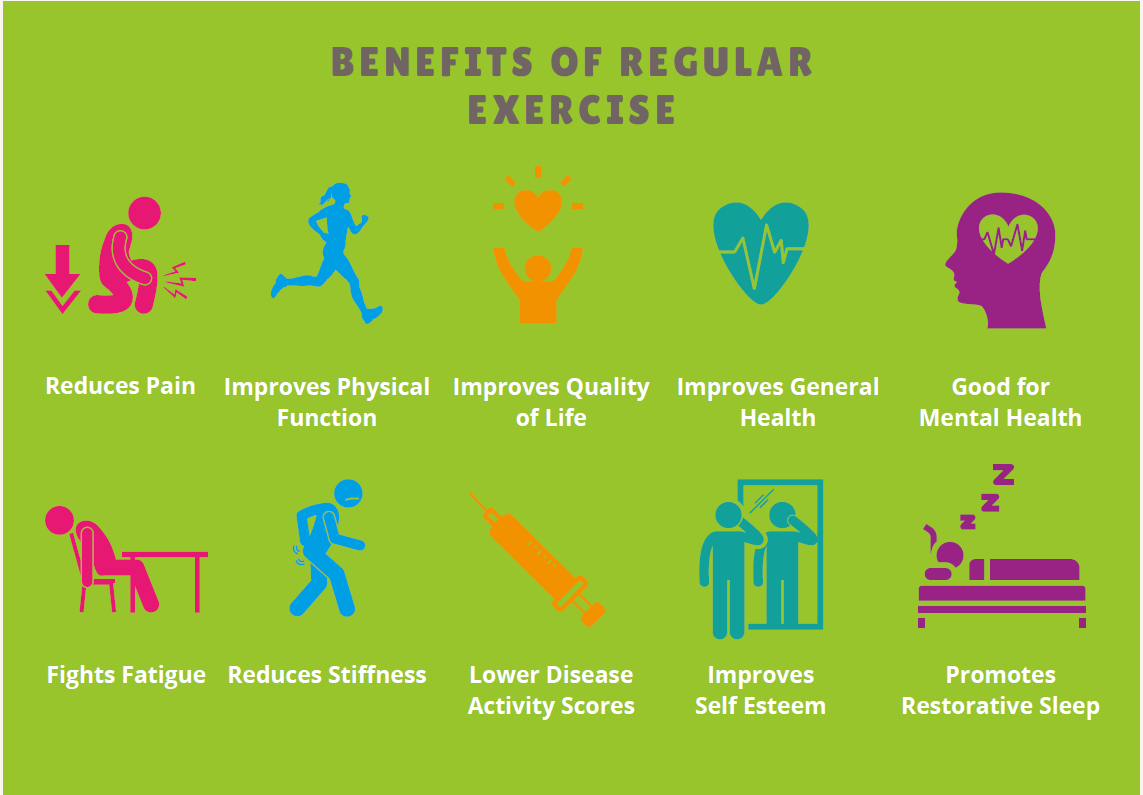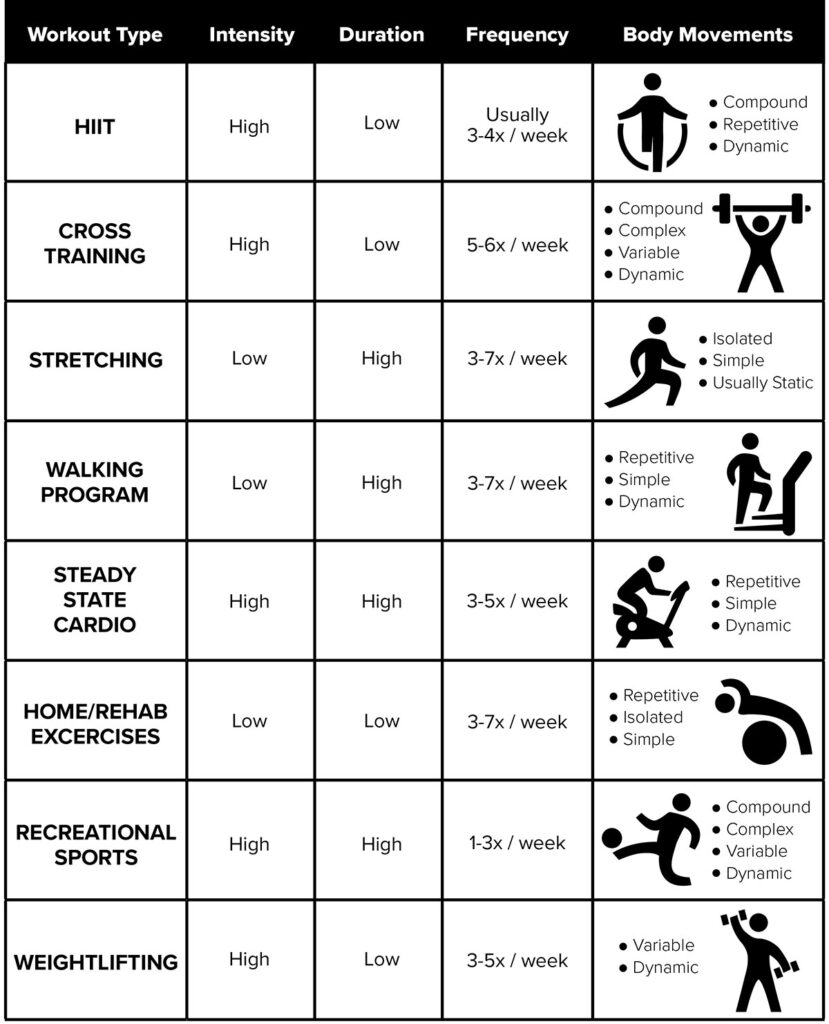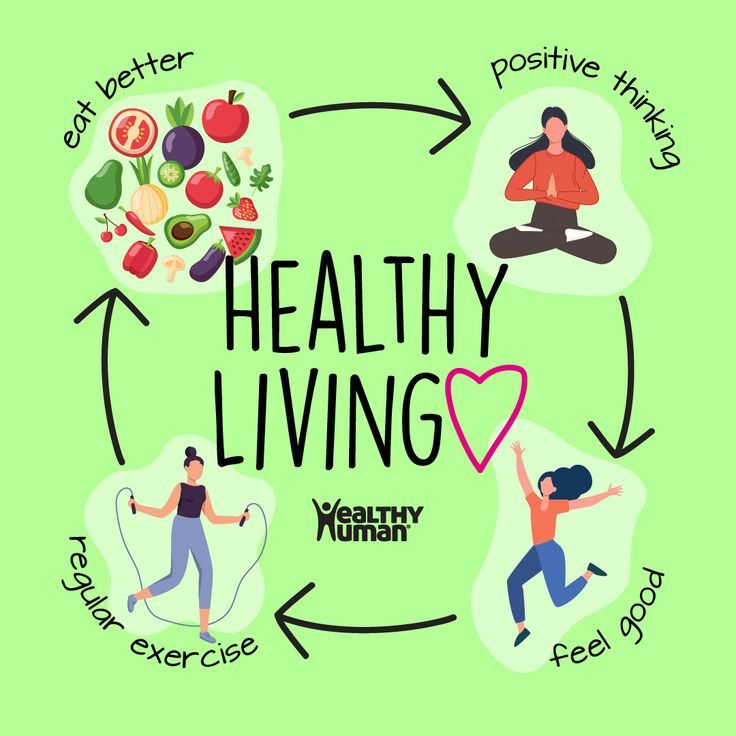Fitness for Every Lifestyle: In today’s fast-paced world, fitness is not a luxury — it is a necessity. Our daily lives are filled with deadlines, long hours, and constant distractions. As a result, people often forget to take care of their own health. However, staying fit doesn’t always mean spending hours in the gym. It simply means keeping your body active and your mind refreshed through small, consistent habits. No matter your profession — student, homemaker, office worker, or entrepreneur — fitness plays an essential role in your life. In fact, good health helps you perform better, stay motivated, and live longer. Let’s explore how you can stay fit according to your job and lifestyle.

💪 Understanding Fitness for Every Lifestyle
Fitness isn’t just about physical strength or appearance — it’s about balance between the body and mind. When your body feels strong, your thoughts become clearer, your mood improves, and your confidence grows.
Moreover, regular exercise helps protect you from chronic health issues such as diabetes, obesity, and heart disease. In addition, it boosts your energy and lets you enjoy everyday life without feeling tired. Therefore, making physical activity part of your daily routine is one of the best investments you can make in yourself.
🌿 The Mind–Body Connection Fitness for Every Lifestyle
When you move your body, your brain releases endorphins — the natural chemicals that create happiness and relaxation. As a result, you start feeling more positive, calm, and focused. Even a short 20-minute walk can lift your mood and reduce stress almost instantly.
Regular exercise also improves blood circulation, boosts oxygen flow, and enhances brain function. Because of this, you feel sharper, more productive, and emotionally balanced throughout the day. In the end, fitness is not just about the body — it’s also a path to a stronger, healthier mind.
🧠 Top Benefits of Regular Exercise
A healthy lifestyle comes with several long-term benefits. Some are visible, while others work quietly inside your body.
🔹 Physical Benefits
- Improves muscle strength and bone density.
- Enhances flexibility and stamina.
- Boosts metabolism and helps manage body weight.
- Strengthens your heart and immune system.
🔹 Mental Benefits
- Reduces anxiety, tension, and depression.
- Improves concentration and creativity.
- Promotes peaceful, uninterrupted sleep.
🔹 Emotional & Social Benefits
- Builds confidence and self-esteem.
- Encourages teamwork and community bonding.
- Inspires others to lead a healthy life.
In short, a fit body creates a happy, confident, and motivated mind.

🕒 How to Plan Fitness for Every Lifestyle
Although everyone’s schedule looks different, fitness can fit into any routine. The secret lies in proper planning. Let’s see how different people can organize their fitness habits effectively.
👩💻 For Office Professionals
Office workers often spend hours sitting, which leads to back pain, stiffness, and fatigue. However, small changes can make a big difference.
Tips:
- Begin your morning with 20 minutes of stretching or light yoga.
- Walk during your lunch break or while taking phone calls.
- Use the stairs instead of the elevator.
- Perform short desk exercises every hour.
- In the evening, take a brisk walk or join a quick online fitness class.
In addition, make sure to maintain good posture while sitting. As a result, you will feel more energetic throughout the day.
👩🏫 For Teachers and Educators
Teachers use their voice and energy all day. Hence, fitness helps them maintain stamina and emotional calm.
Tips:
- Start your day with breathing exercises or meditation.
- Include at least 30 minutes of moderate activity such as walking or cycling.
- Stretch your shoulders and legs between classes.
- Eat light, balanced meals to maintain energy levels.
In addition, short relaxation breaks help maintain focus and patience during long teaching hours.
👷 For Manual Laborers
People with physically demanding jobs may think they don’t need extra exercise. However, targeted fitness helps prevent injuries and improves endurance.
Tips:
- Warm up before starting work to avoid muscle strain.
- Practice flexibility exercises such as yoga in the evening.
- Eat protein-rich meals for muscle recovery.
- Stay hydrated throughout the day.
Because your body already works hard, balance heavy activity with adequate rest.
🏠 For Homemakers
Running a household is hard work, yet many homemakers overlook their own fitness. Fortunately, daily chores can double as mini workouts.
Tips:
- Start the morning with gentle yoga or a 15-minute walk.
- Turn on your favorite music and dance while cleaning or cooking.
- Practice squats or side stretches while doing laundry.
- Involve your children in evening outdoor games or walks.
Therefore, homemakers can stay fit while keeping their homes running smoothly.
🧑🎓 For Students
Students face long hours of study and screen time, which can affect posture and focus. Fitness keeps the mind sharp and improves learning capacity.
Tips:
- After every two hours of study, take a 10-minute activity break.
- Join sports or outdoor activities regularly.
- Maintain good posture while sitting.
- Sleep for at least seven hours to help your brain recover.
Moreover, daily movement helps students manage stress before exams and improves memory retention.
💻 For Remote and Freelance Workers
Working from home offers freedom but can lead to long hours of sitting. To avoid this, plan small but frequent activities.
Tips:
- Schedule your workouts like meetings — and never skip them.
- Choose simple home workouts such as planks, push-ups, or jumping jacks.
- Stretch your arms and back between projects.
- Take a short walk outdoors for fresh air and sunlight.
By adding structure to your day, you can balance work and health effectively.

🥗Nutrition and Rest in Fitness for Every Lifestyle
Exercise alone cannot give you lasting results. Your diet and sleep play an equally important role.
Nutrition Guidelines:
- Eat a variety of colorful fruits and vegetables.
- Include whole grains, lean proteins, and healthy fats.
- Drink at least 2–3 liters of water daily.
- Avoid processed and sugary foods.
Rest Guidelines:
- Sleep for 7–8 hours every night.
- Disconnect from screens before bed.
- Practice deep breathing or gentle stretches before sleeping.
In addition, take one rest day per week to let your body recover. Balanced nutrition and good rest complete the fitness circle.
🕰️ Sample Day Plan: Fitness for Every Lifestyle
Here’s how you can structure your day with ease and balance:
| Time | Activity |
|---|---|
| 6:00 AM | Wake up and drink water |
| 6:15 AM | Light stretching or a short walk |
| 7:00 AM | Healthy breakfast |
| 9:00 AM – 12:00 PM | Work or study (stand or stretch every hour) |
| 1:00 PM | Lunch and a 10-minute walk |
| 4:00 PM | Quick stretching or meditation |
| 6:00 PM | Evening workout, walk, or dance session |
| 8:00 PM | Light dinner and relaxation |
| 10:00 PM | Sleep or quiet reading |
Following a routine like this helps create long-term consistency.
💬 Staying Motivated: Fitness for Every Lifestyle
At first, building a routine can feel difficult. However, motivation grows with progress. Start small, and reward yourself for consistency.
Motivation Tips:
- Set weekly or monthly goals.
- Track your steps or workouts using a fitness app
- Celebrate small achievements.
- Join online fitness challenges or community walks.
Remember, motivation gets you started — but discipline keeps you going. Over time, exercise will become a joyful part of your life.
🧩 Conclusion
Fitness fits every lifestyle. Whether you’re busy at work, studying for exams, or managing a home, your body still needs care. So, find what works best for you — and stick with it. Start your day with simple movements, eat nutritious meals, and get enough rest.
In addition, stay positive and patient. Remember, results take time, but every small step matters. As a result, you’ll notice more energy, focus, and happiness each day. Ultimately, your health is your greatest achievement, so make fitness a daily habit and enjoy the rewards it brings.
